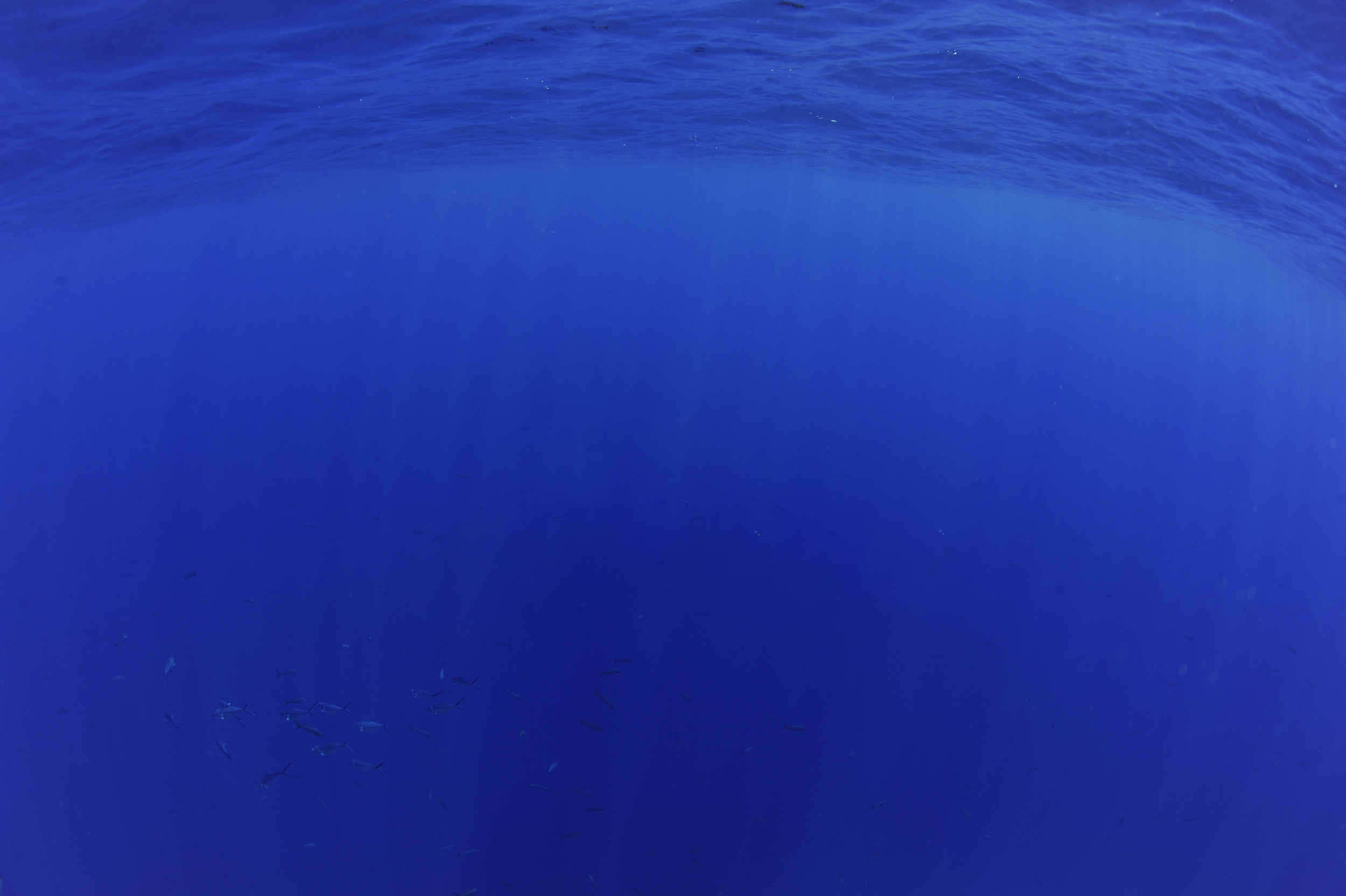
PROJECT OVERVIEW
Decreasing fish stocks and advances in technology have increased the exploitation of resources further into the pelagic realm and towards deeper ecosystems, resulting in an overlap with the habitat of many elasmobranch species (shark, rays and skates). As a result, an alarming number of elasmobranchs are at increasing risk of overfishing, whilst declines in shark and ray landings are becoming common. However, species-specific data on shark and ray landings are often limited in remote areas. In Indonesia, sharks and rays are heavily caught in targeted and bycatch fisheries. The management of elasmobranch fisheries has become an urgent endeavour worldwide given that elasmobranch stocks are rapidly declining, and the potential cascading effects for fishing communities and the entire ecosystem.
Of particular interest to our project are mobulid rays (mantas and devil rays). They are caught in targeted and bycatch fisheries across Indonesia, mainly for the export of their gill plates as a product in the ‘traditional’ Chinese Medicine and dried seafood markets. The exportation of mobulid parts (primarily gills) from Indonesia and other countries poses threats for population sustainability. Mobulid gills originating from Indonesia represent an important proportion of the trade in the Chinese market.
Monitoring landings, providing recommendations and training to governmental institutions is crucial to making informed management decisions. Finding alternatives to reduce catches whilst gaining insight into the socio-economy of the fishery is also necessary. The Mobula Project Indonesia works with Indonesian students and graduates, local fishing communities, and local scientists to primarily study devil rays at key aggregation and landing sites in Indonesia. Through fishing market surveys and interviews, the project aims to provide urgently needed information on devil ray fisheries in Indonesia. We strive to support conservation at a national level, by providing biological and ecological information, whilst raising stakeholder awareness and exploring solutions to reduce devil ray fisheries.
PROJECT GOALS
Reduce mobulid ray fisheries mortality and build conservation capacity to implement CITES in Indonesia.
Achieve low levels of mobulid ray fishing mortality and improved management.
Main Objectives
To achieve our goal, The Mobula Project Indonesia works to meet the following objectives:
I. Conduct research that informs management/conservation of threatened mobulid rays and other elasmobranch species
(1) Monitor species-specific abundance of elasmobranchs at key fishing markets;
(2) Identify means to reduce target and bycatch of devil rays;
(3) Assess the suitability of live release from gillnets & best practices;
(4) Identify hotspots of mobulid overlap with target fishes and fishing activities (satellite tagging and fisheries monitoring);
(5) Conduct and analyze socio-economic surveys, to provide baseline information on the value of mobulid (and other species caught in drift gillnets) to local communities, and to assess the adequacy and feasibility of management scenarios;
(6) Provide information on connectivity and effective population size through genomic tools, crucial for management recommendations.
II. Develop management & conservation solutions on the ground backed by science
(1) Trial market-based mechanisms to incentivise sustainable fisheries and live-release of threatened elasmobranch species from gillnets;
(2) Support stakeholders in NDF assessments and policy change, by providing science-based management recommendations, and conducting workshops at a provincial level.
III. Awareness program
(1) Raise awareness at a local and national level to improve management;
(2) Provide management recommendations and training to governmental stakeholders;
(3) Provide training to Indonesian students through internship positions;
(4) Conduct education & awareness activities with students.

Project Leader - Muhammad G Salim (Egin)
Egin, a young and passionate conservationist from Indonesia, found his calling during his time at the University of IPB in Java, Indonesia. He actively participated in various conservation activities while pursuing his degree, which led to his interest in mobulid rays.
Egin's fascination with mobulid rays began during his undergraduate research, where he delved into the biological, fisheries, and economic aspects of mobulid rays in Muncar, Banyuwangi. Since then, he has dedicated his career to the world of marine conservation, particularly sharks and rays.
After gaining experience through taking part in various conservation projects after his degree, Egin became a field officer at Mobula Project Indonesia, where he later progressed to the role of project leader. For Egin, scientific approaches are crucial to any conservation activity.
At present, Mobula Project Indonesia is spearheading sustainable fisheries as an incentive for fisher groups to reduce bycatch of mobulid rays and other threatened elasmobranch species. This project combines social and ecological concepts, to ensure shark and ray populations can be sustained into the future while ensuring humans who rely on coastal environments are able to thrive into the future.
Egin continues to advance his knowledge and education by pursuing postgraduate studies at the University of IPB in coastal and marine resources management. We can't wait to see what he'll achieve next!
Project Team: Irianies C. Gozali, Firmansyah Tawang, Hasan Saiful Rizal, Bita Ari
Project Advisors: Betty Laglbauer, Fahmi, Selvia Oktavyani, Mark Erdmann, Iqbal Herwata, Vidlia P. Rosady
Alumni: Sila Kartika Sari, Kyra Bestari, Edy Topan, Didik Rudianto, Arki Pradana, Vidlia P. Rosady, Nurul Muhklis, Fritzgerald Wenur, Anindita Rustandi

Photos from the field

























